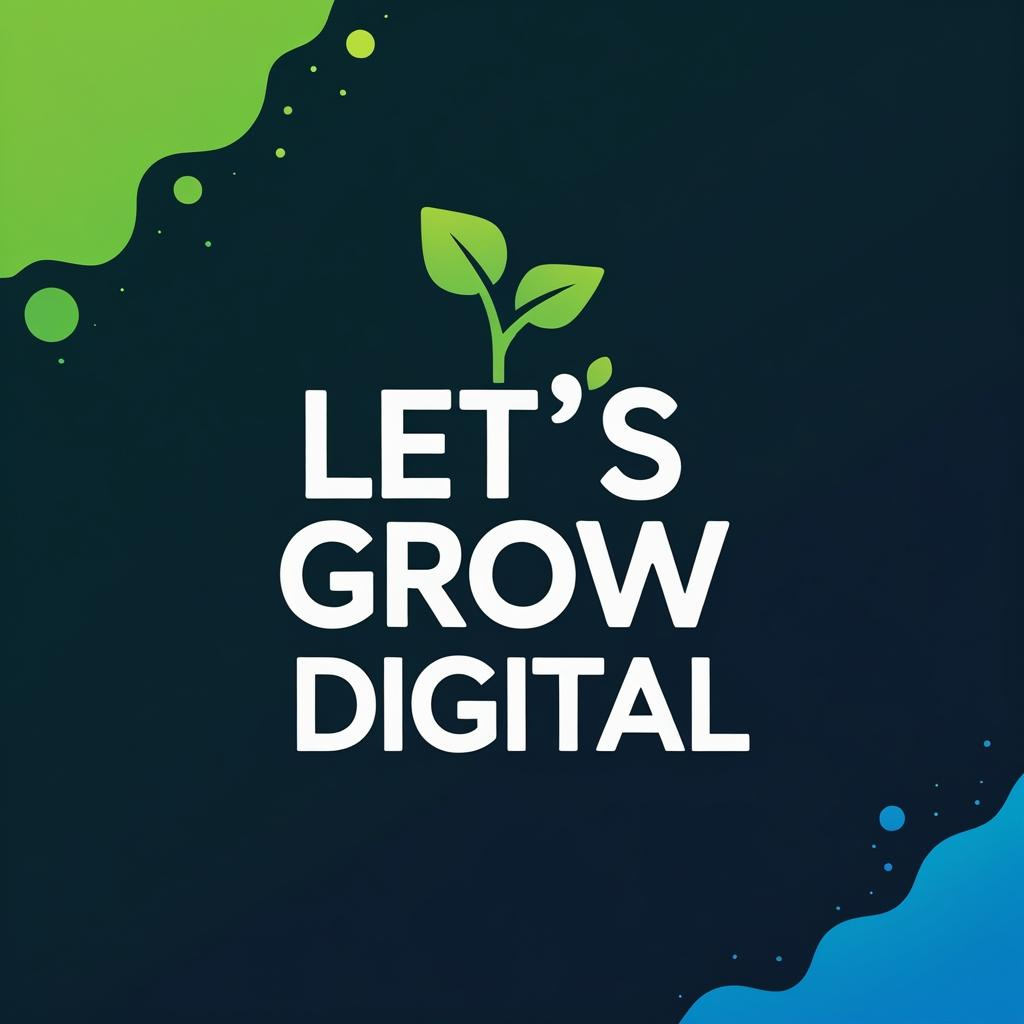FAQ
Frequently Asked Questions
Digital marketing refers to the use of online channels, platforms, and technologies to promote products or services. It includes SEO, social media marketing, email marketing, content marketing, PPC advertising, and more.
Digital marketing allows businesses to reach a larger audience at a lower cost compared to traditional marketing. It offers real-time performance tracking, better customer targeting, and more effective engagement.
- Search Engine Optimization (SEO)
- Pay-Per-Click Advertising (PPC)
- Social Media Marketing
- Email Marketing
- Content Marketing
- Affiliate Marketing
- Influencer Marketing
It depends on the strategy. SEO may take 3–6 months, while PPC or paid social campaigns can produce results immediately. Content marketing and organic growth are more long-term strategies.
Google Ads
Facebook & Instagram
LinkedIn
YouTube
Email platforms (like Mailchimp or Convert Kit)
Content marketing involves creating and sharing valuable content (like blogs, videos, or infographics) to attract, engage, and retain an audience.
Key performance indicators (KPIs) include:
Website traffic
Conversion rate
Click-through rate (CTR)
Return on investment (ROI)
Engagement rate (likes, shares, comments)
Absolutely! Digital marketing allows small businesses to compete with larger ones by targeting specific audiences with budget-friendly tools and measurable outcomes.
